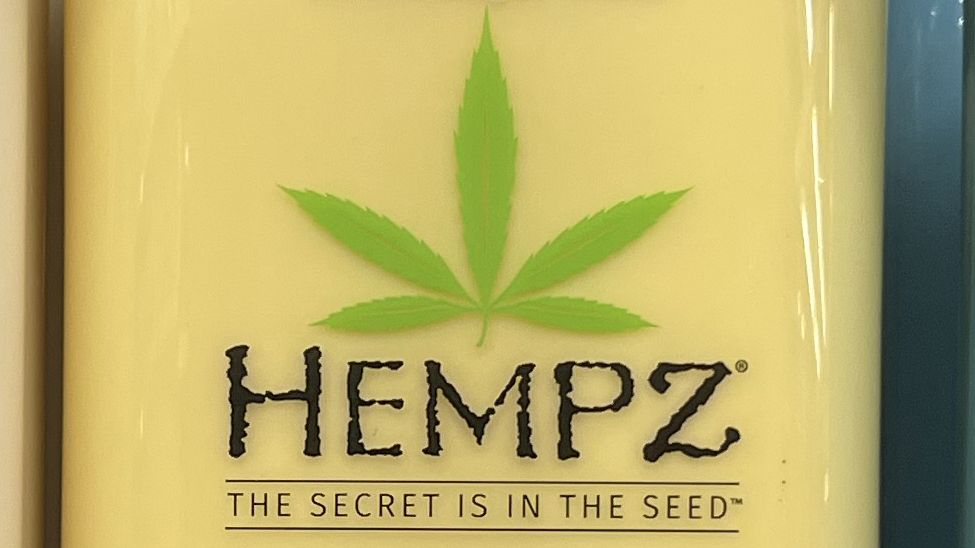Full-spectrum hemp oil is an extract made from legally defined hemp that contains the plant’s full array of cannabinoids—led by CBD—along with terpenes, flavonoids, and other phytonutrients. In the United States, hemp refers to any cannabis plant or derivative with no more than 0.3% delta-9 THC by dry weight, as defined by the 2018 Farm Bill.
Unlike CBD isolate (pure CBD) or broad-spectrum products (which typically remove detectable THC), full-spectrum oil preserves trace amounts of THC alongside minor cannabinoids such as CBG and CBC. Advocates believe these compounds work together more effectively than any single molecule alone, an interaction commonly referred to as the “entourage effect.” While more clinical data is needed to confirm these synergies, early research and anecdotal evidence suggest a potentially more balanced and comprehensive experience for users.
The practical benefits people often seek from full-spectrum hemp oil include support for stress management, improved sleep quality, and relief from everyday discomfort. The dominant cannabinoid, CBD, interacts with the body’s endocannabinoid system, which helps regulate mood, pain perception, and immune response. However, it’s important to note that “natural” doesn’t always mean risk-free. Even hemp-derived products can cause side effects or interact with prescription medications, so consulting a healthcare professional before beginning use is recommended.
Product quality and accurate labeling are critical considerations. Independent studies have found that some CBD and hemp oil products are mislabeled or contain contaminants such as heavy metals or pesticides. This highlights the importance of choosing brands that provide batch-specific certificates of analysis (COAs) from accredited third-party laboratories. These reports confirm cannabinoid content and verify that the product is free from harmful substances. Until consistent federal regulations are implemented, transparency in testing and sourcing remains the best way for consumers to protect themselves.
Legally, hemp-derived products with 0.3% or less delta-9 THC are not considered controlled substances at the federal level. However, state laws vary, and some regions have placed restrictions on certain hemp derivatives such as delta-8 THC. Consumers should stay aware of local regulations and verify that products meet both state and federal standards.
To evaluate a full-spectrum hemp oil, shoppers should look for clear labeling, including cannabinoid and terpene profiles, THC levels within the legal limit, and proof of contaminant testing. Products marketed as “hemp seed oil” are not the same, as hemp seeds contain little to no cannabinoids. Responsible consumers should also avoid any brand making medical claims and seek advice from healthcare professionals if they are pregnant, breastfeeding, or taking other medications.
Ultimately, full-spectrum hemp oil represents a holistic approach to wellness by delivering hemp’s full range of natural compounds in their most authentic form—offering balance, calm, and potential therapeutic value when used mindfully.

